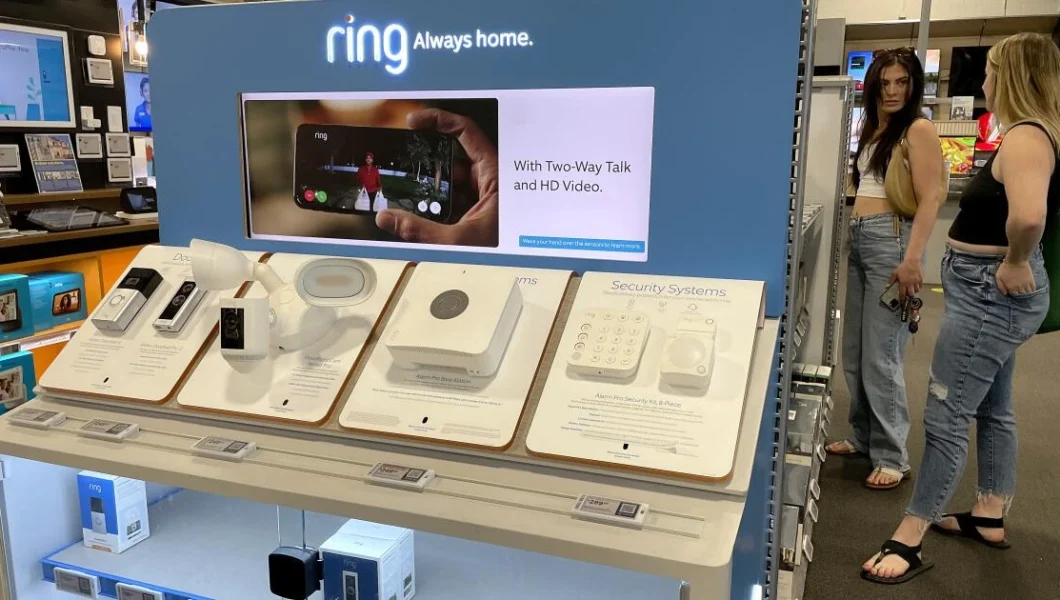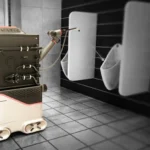Column: What tech would we be better off without? I asked, you answered
Well, goodbye to all that. As 2023 draws to a close, it’s time to clear our closets and minds of the tech we don’t need. Let’s start fresh and prepare for the AI-drenched year ahead. A few weeks ago, I convened a panel to vote on the Worst Tech of the Year, resulting in an anti-gift guide as the Christmas shopping season kicked into full swing.
The list of tech we wish didn’t exist generated genuinely great discussions about the impact of tech on society. After soliciting votes from readers, I received a deluge of thoughtful and energized responses, generating one of the most engaging discussions of the year.
As 2023 comes to a close, I’m turning the mic over to the readers. Here are your picks for the worst tech of the year.
Waze
The hands-down, horns-up “winner” of this competition is Waze. It is a clear and present danger to every pedestrian, equestrian, simian, and median on the planet, playing to the growing share of the population willing to make forty-five turns to shave three seconds off their travel time.
Digital billboards
Digital billboards pose the question if we need another distraction while driving. They contribute to light pollution, adding unnecessary visual clutter to our environment.
Latch keyless entry system
The Latch system is inconvenient, unattractive, and raises concerns about security. Customer support’s inadequacy in addressing these concerns further compounds the dislike for this tech.
Credit card fees
Credit card fees and the inconveniences they present are resonating concerns for many consumers. These concerns highlight the frustration associated with modern financial systems.
Ring cameras and text messaging
Ring cameras raise privacy concerns, while text messaging is highlighted as a communication method leading to prolonged exchanges. The shift to digital communication methods poses obstacles for some in completing necessary transactions.
Self-checkout
The self-checkout system is critiqued for its inefficiency and errors, causing frustration for consumers attempting to complete their purchases. The supposed time-saving effort of this technology often falls short.
Portable Bluetooth speakers
The increasing prevalence of super loud portable speakers in public spaces is a source of irritation for many. These devices contribute to noise pollution and disrupt public environments.
‘Smart’ thermostats, single-use light fittings, and ‘smart’ refrigerators
Various ‘smart’ devices have come under fire for adding unnecessary digital elements to mechanical functions. Concerns about their environmental impact and performance dissatisfaction are at the forefront of criticism.
Internet of things, weight loss technology
The inclusion of weight loss technology and IoT for homes in the list of anti-gifts highlights concerns about their effectiveness and the environmental costs associated with their use.
Chatbots that impersonate historical figures, Boston Dynamic’s robot dog Sport
Chatbots impersonating historical figures and the militarization of schools through robot dogs have sparked concerns about the ethical and societal implications of these technological developments.
The diverse range of responses received from readers sheds light on the broader public sentiment towards various technologies and their impact. It is evident that the tech landscape is evolving, and with that, comes the need for critical evaluation of the value and impact of these innovations on our lives.
Source: latimes








No Comments